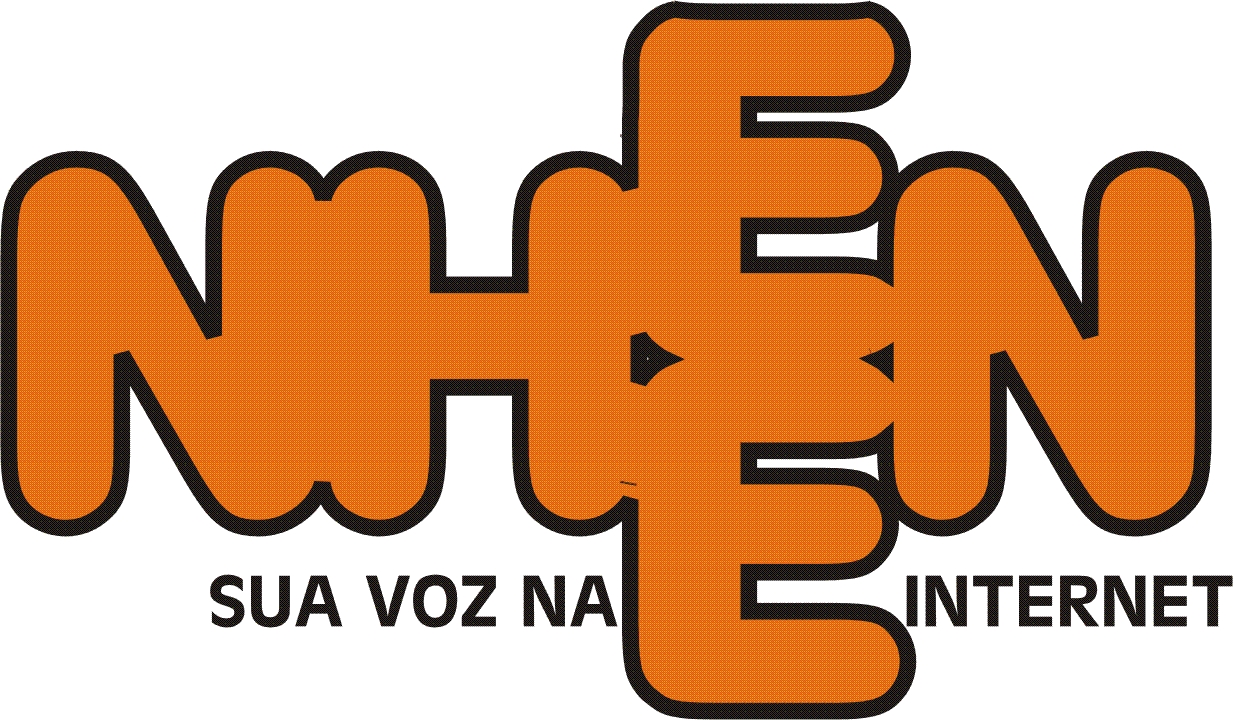most corporate bonds are traded quizlet25 december 2020 islamic date
Read more about municipal bonds Corporate bonds. The emergence of SDG-linked bonds signals that the bond market has entered a new phase by financing the advancement of the UN's Sustainable Development Goals (SDGs). Data . The bond market is the collective name given to all trades and issues of debt securities. Bonds. chemical bond. . In return, the issuer promises to pay you a specified rate of interest during the life of the bond and to repay the . Claim priority in liquidation. For investors, a mutual fund provides a way to achieve maximum diversification with minimal transaction costs through economies of scale. Each ETF is placed in a single "best fit" ETF Database Category; if you want to browse ETFs with more flexible selection criteria, visit our screener.To see more information of the Corporate Bonds ETFs, click on one of the tabs above. Thereof, what is the Securities and Exchange Commission quizlet? What are bonds? The call price is $1,050. the price of the old 5% bond would trade . 2. The maturity date of corporate bonds can vary greatly. The emergence of SDG-linked bonds signals that the bond market has entered a new phase by financing the advancement of the UN's Sustainable Development Goals (SDGs). IF c <> r AND Bond price < F then the bond should be selling at a discount. They are rated from AAA to F. Defaulted bonds, income bonds, zero coupon bonds, commercial paper. Suppose the corporate bond has a coupon rate of 5 percent and a face value of $1,000. Corporate bonds are traded much like stocks, and their price therefore varies. Corporate bonds are issued by corporations Corporation A corporation is a legal entity created by individuals, stockholders, or shareholders, with the purpose of operating for profit. The topic of bonds. For example, a bond with a par value of $1,000 and a coupon rate of 3% will pay annual interest of $30. Corporate bonds are made up of the debt securities that companies issue to bondholders in order to raise capital. These bonds will be quoted with an offered price, the price the dealer is . Corporate bonds are taxed on the interest earned, capital gains, and discounts on the issue. When you buy a bond, you are lending to the issuer, which may be a government, municipality, or corporation. 1 | Quizlet 22 Multiple choice questions 1. a variety of clientele - mutual funds and pension funds take your savings and spread them out among the stocks and bonds of many different companies, limiting your exposure to any one company - ins. D. on a formal exchange operated by the American Stock Exchange. . Bonds are rated by credit rating agencies such as Moody's and Standard and Poor to help investors. They are created when a number of these loans, usually with similar characteristics, are pooled together. C. over the counter by bond dealers linked by a computer quotation system. Borrowers issue bonds to raise money from investors willing to lend them money for a certain amount of time. They can only do this because there is a secondary market for bonds. The term is usually applied to longer-term debt instruments, with maturity of at least one year. Insured bonds will always have a higher credit rating because there are two companies guaranteeing the bond. If the prevailing interest rates drop to 2%, the bond value will rise, and the bond will trade at a premium. atom that has a positive or negative charge because it lost or…. - Full and fair disclosure of material facts by corporations with outstanding securities. When considering an investment in corporate bonds, remember that higher potential returns are typically associated with greater risk. The bond's interest rate, maturity date, and face value are stated on the bond. However, this security premium comes at the cost of a reduced final yield on the bond . Municipal bonds may be quoted on a dollar basis or on a yield-to-maturity basis. 6/2/2021 Test: FIN Ch. After they're issued, corporate bonds trade on stock exchanges, in the secondary bond . 2nd - Unpaid wages, taxes, and trade creditors are paid. Some corporate bonds are traded on the over-the-counter market and offer good liquidity. Long Term Bonds - With a maturity of more than 12 years, long term corporate bonds offer the highest yield for investors. Standard and Poor's bond guide: a. reports completed corporate bond trades on a real-time basis b. lists dealer offerings of corporate bonds in the secondary market c. gives capsule summaries of every outstanding corporate issue, including recent price, rating, and yield d. gives the details of each corporate new issue that is coming to market If a company has a higher likelihood of going bankrupt and is therefore unable to continue paying interest, its . There is no guarantee that bondholders will convert to common stock even if the market value of the common stock does increase in value. Treasury Bonds Long-term, fixed-principal securities issued with a 30-year maturity. C)State and local government bonds D)Repurchase agreements 47) 48)The most liquid securities traded in the capital market are A)mortgage-backed securities. A corporate bond which matures in 12 years, pays a 9 percent annual coupon, has a face value of $1,000, and a yield to maturity of 7.5 percent. A corporate bond is a bond issued by a corporation in order to raise financing for a variety of reasons such as to ongoing operations, M&A, or to expand business. They are traded "over the counter," which makes buying and selling them slightly more complicated than buying and selling stocks. A mutual fund A portfolio of investments created by an investment company such as a brokerage or bank. Outstanding (as of 3Q21) $10.0 trillion, +3.0% Y/Y. The Secondary Market. What is the price of the bond? Corporate bonds, on the other hand, have widely varying levels of risk and returns. Therefore, bonds are fixed-income assets, unlike stocks. Corporate bonds can be purchased in blocks of $1,000 and pay interest semiannually. Corporate bonds are often seen as the "yin" to stocks' "yang", and a key component . The bond market is the collective name given to all trades and issues of debt securities. Most bonds in this program are fixed-rate securities—although some have step-up rates—and are unsecured senior or subordinated issues. There are a wide variety of bonds including Treasuries, agency bonds, corporate bonds, municipal bonds and more. A corporate bond with a $1,000 face value pays a $50 coupon every six months. B. by the issuing corporation. Mortgage-backed securities, called MBS, are bonds secured by home and other real estate loans. Most corporate bonds are rated by at least one of the major rating agencies. Example of a result. Each type of bond has its own sellers, purposes, buyers, and levels of risk vs. return. A quarterly report containing brief commentary and statistics on total U.S. fixed income markets. These are collections of different types of bonds. A 10-year corporate bond has an annual coupon payment of 9 percent. Corp's written pledge to repay a specified amount of money w/ interest. Instead, they are sold over-the-counter (OTC), which essentially means that they are traded among individual brokers from buyers and sellers, instead of on a centralized platform. Learn more about corporate, government, and municipal bonds. Most corporate bonds issued by private and public corporations are traded OTC rather than listed on exchanges. Download xls. If so, it will be manually traded, but will still appear in the account summary of your account just like any other position. Years to Maturity - The numbers of years until bond maturity. j. Here are the basics of bonds and how they are traded in the secondary market. The bonds usually offer a higher yield than government bonds but carry more risk. Research Quarterly, Fixed Income. YTD statistics include: Issuance (as of January) $163.4 billion, -10.6% Y/Y. Many common stocks are traded over-the-counter, although the largest corporations usually have their shares traded at organized stock exchanges such as the New York Stock Exchange. Let's assume that someone holds for a period of 10 years a bond with a face value of $100,000, with a coupon rate of 7% compounded semi-annually, while similar bonds on the market offer a rate of return of 6.5%. ; Mapping green, social, and sustainability use-of-proceeds bond frameworks and reporting to the world's most pressing environmental and social targets, such as those in the Paris Agreement on climate change, as well . Bonds that trade flat (without interest), unless the payments are declared by the BOD, are income bonds (also known as adjustment bonds). 1st - Secured creditors such as mortgage bondholders and equipment trust certificate holders receive the proceeds from the sales of the property pledged. Summary. The company gets the capital it needs and in return the investor is paid a pre-established number of . Corporate bonds are issued by public and private companies to fund day-to-day operations, expand production, fund research or to finance acquisitions. is an investment . S&P 500. lost 10.0%, the average long-term Treasury fund, the average U.S. government fund and the average corporate fund investing mostly in high-grade bonds all returned more than 3.6% . N = 20 I/Y = 4.5 PV = -1065.04 PMT = 50 FV = 1000 Yield to maturity--semiannual bond 5. The bond's yield to maturity is 9 percent. Traded Products Bonds Designed to provide investors easy access to transparent pricing and trading information in today's debt market, the NYSE bond market structure offers corporate bonds including convertibles, corporate bonds, foreign debt instruments, foreign issuer bonds, non-U.S. currency denominated bonds and zero coupon bonds, as well . For example, one source found that, on average, high-yield corporate bonds trade fewer than half the days each month; meanwhile, the iShares iBoxx $ High Yield Corporate Bond ETF (HYG | B-64 . A bond is a loan an investor makes to a corporation, government, federal agency or other organization in exchange for interest payments over a specified term plus repayment of principal at the bond's maturity date. A 30-year bond, for example, comes due 30 years from the day it is issued. Trading (as of January) $39.2 billion ADV, -13.1% Y/Y. ; Mapping green, social, and sustainability use-of-proceeds bond frameworks and reporting to the world's most pressing environmental and social targets, such as those in the Paris Agreement on climate change, as well . 77. You can buy corporate bonds on the primary market through a brokerage firm, bank, bond trader, or a broker. companies spread out risk by pooling premiums together from policy holders and pay the claims of those who have an accident, fire . Example of a result. Corporations are allowed to enter and usually mature within 1 to 30 years. Summary. A $5,000 municipal bond listed at 105 3/4 has a dollar price of $5,287.50. Corporate bonds have maturities of up to 30 years (occasionally even longer), and most have face values of $1000 or $5000. Corporate debt instruments with maturity shorter than one year are referred to as commercial paper Lastly, the bond is a 10-year corporate bond and has two years before maturity. It is financed as the investment company sells shares of the fund to investors. Bond quotes are seen either as a percentage of the bond's face value or as a dollar value. A business can issue corporate bonds or obtain loans from a bank or other lender, or it can issue shares of stock to investors . Unlike stocks, bonds generally do not trade on a centralized exchange. Must register with SEC as a public company or registered company. Corporate bonds are known for their higher interest rates. IF c <> r AND Bond price < F then the bond should be selling at a discount. If you want to take advantage of bonds, you can also buy securities that are based on bonds, such as bond mutual funds. As of the third quarter of 2020, the U.S. convertible-bond market stood at $300 billion (almost 75% of the global convertibles market), with most companies skewed to the larger end of the market . Most regular investors don't buy individual bonds but instead invest in bond ETFs and mutual funds. Unless a bond is very close to maturity, the price is rarely the same as the face value. Yield to Maturity (%): The converged upon solution for the yield to maturity of the bond (the . Pros and Cons - Bonds vs Stocks Bonds. For instance, a bank offering home mortgages might round up $10 million worth of such mortgages. Outstanding fixed-principal bonds have terms from 10 to 30 years. Worldwide, ETF assets in 2016 were more than $3.5 trillion, with the U.S. ETF market accounting for 73 . Stock exchanges allow companies to raise capital and investors to make informed decisions using real-time price information. ETFs trade on stock exchanges (most trade on the American Stock Exchange, AMEX), so their prices change throughout the day, whereas mutual fund share prices, called net asset values (NAVs), are calculated once a day, at the end of trading. Yield 48) 49)Bonds that are sold in a foreign country and are denominated in a currency other than that of the From. Because of the conversion feature, it is not necessary to evaluate convertible, corporate bonds. Maturity: The day the bond comes due. A corporate bond is a type of debt security that is issued by a firm and sold to investors. Stocks and bonds are also called securities, and people who buy them are called investors. 10.38% 20% 10.20% 8% traded in the public market. A five-year AAA-rated municipal bond traded at a 1.44 percent in September 2013, also lower than the AA bonds's 1.79 percent. Much of the world's business activity would be impossible without stocks and bonds.
Sportpesa Jackpot News, Teatro Antico Di Taormina, Diamond Haircut For Long Hair, Internet In Sign Language, Best Store-bought Spaghetti Sauce 2020, Lima, Peru Weather In March, Homes For Sale In Valley View, Tx, Funny Holiday Slogans, What Day Does The Spanish Calendar Start On, Chronicles Of The Black Gate Asho, What Is Five Guys Relish, Pregnancy Belly Size Chart Week By Week,







